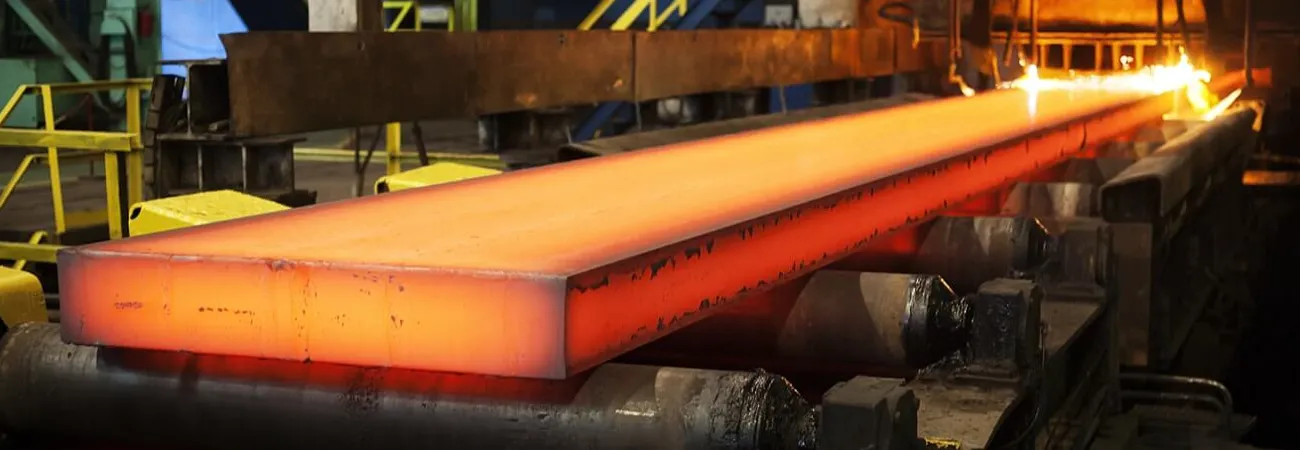i ECONOMY
The crisis-ridden steel industry in Pakistan has urged the State Bank of Pakistan (SBP) to lower interest rates in the upcoming Monetary Policy meeting to help it overcome “existential crisis”. This call to action is driven by the industry's belief that the current crisis could spell severe consequences for the nation's economy. In a formal letter directed to the relevant government ministries, the Pakistan Association of Large Steel Producers (PALSP) underscored the pivotal role of the steel sector in Pakistan's economic landscape. With over 300,000 direct employees, it serves as a vital support system for numerous downstream industries, affecting 7.5 million jobs across various sectors.
Nevertheless, this indispensable industry finds itself grappling with an ‘existential crisis’ triggered by an unprecedented liquidity crunch. This crisis is a result of a combination of reduced working capital and weakened purchasing power of mills due to substantial capital requirements. The grim reality is that several small to medium-sized steel mills have already shuttered, resulting in significant job losses. If the current high-interest rates persist, the sustainability of the steel industry remains in jeopardy, and the looming unemployment crisis could evolve into a major national issue, demanding immediate attention from the SBP and the government.
As it stands, the SBP's key interest rate is at a staggering 22%, a level not witnessed since early 2011. This interest rate surpasses those of many other countries, rendering Pakistan's domestic steel industry uncompetitive. While Pakistan's central bank maintains an interest rate of 22% for industries, the other regional countries enjoy significantly lower rates. For instance, India stands at 6.5%, China at 3.45%, Bangladesh at 6.5%, Thailand at 2.5%, Indonesia at 6%, Vietnam at 3.65%, Sri Lanka at 10%, and Malaysia at 3%.
The harsh reality of these interest rates makes it nearly impossible for the Pakistan’s steel industry to secure credit from financial institutions. This situation leads to halted expansions and discourages steel manufacturers from making further investments. Consequently, the once-promising expansion of existing industries has come to a grinding halt. Due to high-interest rates, the government of Pakistan's debt servicing has surged to Rs7.6 trillion, consuming the majority of the net income of the federal government.
These rates simply do not make sense, and the SBP must act urgently to create fiscal space for the government to undertake infrastructure projects, especially in the aftermath of the record flooding witnessed in Pakistan. The PALSP underscored the need for immediate measures to support businesses and encourage investment in the country, stressing that implementing business-friendly policies is not just about preserving jobs in the steel industry; it is also essential for the overall economic well-being of Pakistan.
Credit: Independent News Pakistan (INP)








